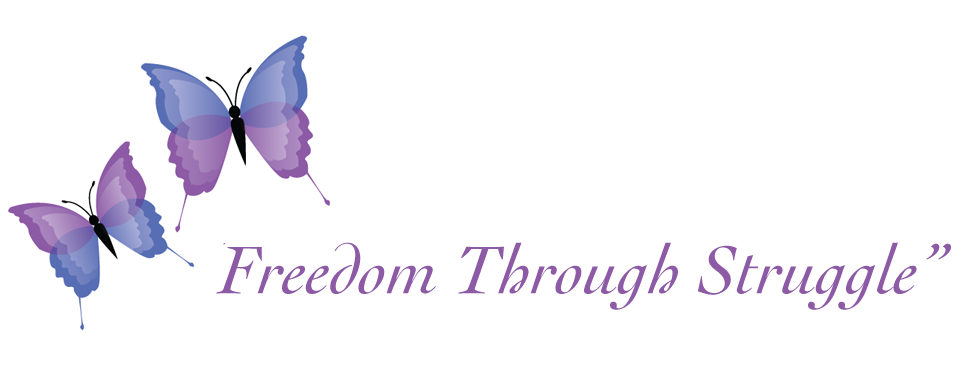Anger Management
Anger, in common with all our emotions, is influenced by our thoughts about an event which then lead to our behavioural response.
If we notice that we fly off the handle quickly it may be that the reason for our anger is deep rooted and currently out of our awareness. In counselling we look at what actually is the problem and I will work with you to process the roots of this and teach you strategies to manage this. We will work on specific examples of times when you have felt and expressed your anger so that we can think about what happened, what you thought and the way that you responded. We can then consider an alternative way of coping that would be more helpful. To consolidate the work, we would think together about ways that you can practice these new skills in between counselling sessions. Doing this leads to more peace within yourself and more healthy relationships with other people.
It is so important to be self-aware and process our anger and other emotions in a healthy way. I liken our emotions to the lights on the dashboard of our car – they are there to tell us something. If the petrol tank is nearly empty, it is clearly not wise to continue to ignore it!
If anger is not processed it builds up like a volcano and ends up pouring lava and ash over ourselves and other people. It may be that a relationship or situation is genuinely upsetting but we can still choose to respond in a constructive way.
It can be helpful to notice what is happening in our bodies when our mood changes – perhaps our heart begins to race, we may get sweaty palms and perhaps our voice gets louder as we try to make our point. If we notice this happening, one way to begin to calm down and not allow our anger to develop into rage is to take a deep tummy breath and breathe out slowly. Sometimes people have physical difficulties which are caused by anger for example pain in the stomach and tension headaches. There are times when it is appropriate to be angry but that doesn’t mean that we are out of control or threatening. What is important is how we process and manage our anger.
I really like what Windy Dryden says in his book Overcoming Anger ‘Unhelpful beliefs and rigid expectations can lead to a cycle of unhealthy anger which can be dangerous and destructive, distorting our judgement and overturning our best intentions. However the good news is that you can learn to change and to develop strategies to express your anger in a helpful way so that you can communicate what you feel without hurting yourself or those close to you.’ (Dryden, 1996)
If you recognise any of the scenarios I have described and would like some help, do let me know

